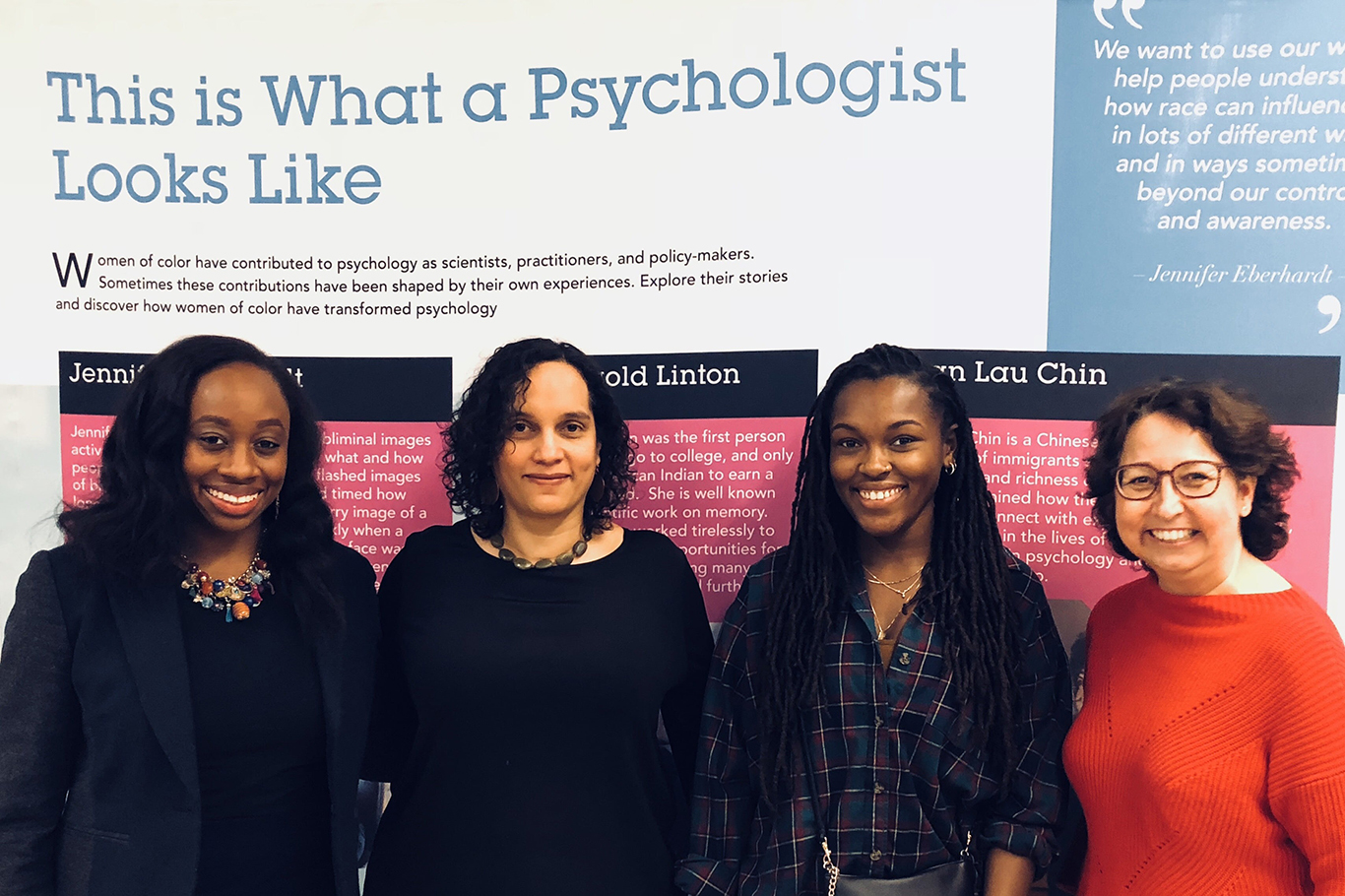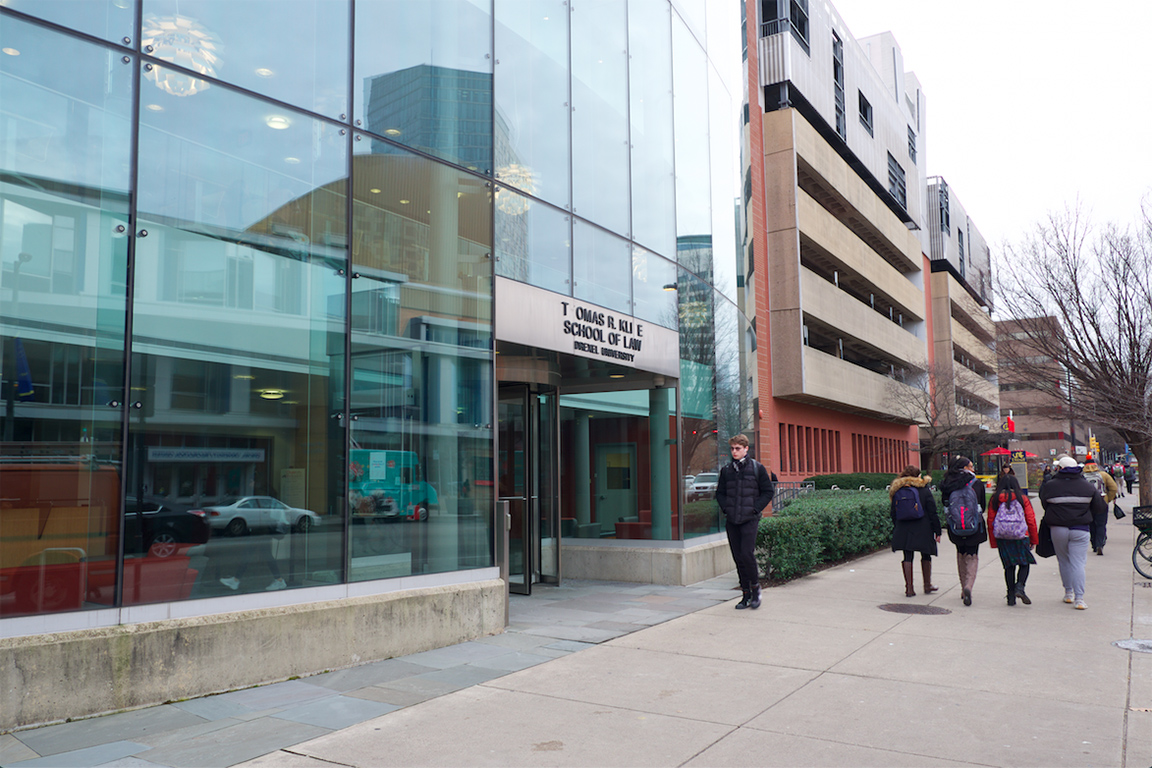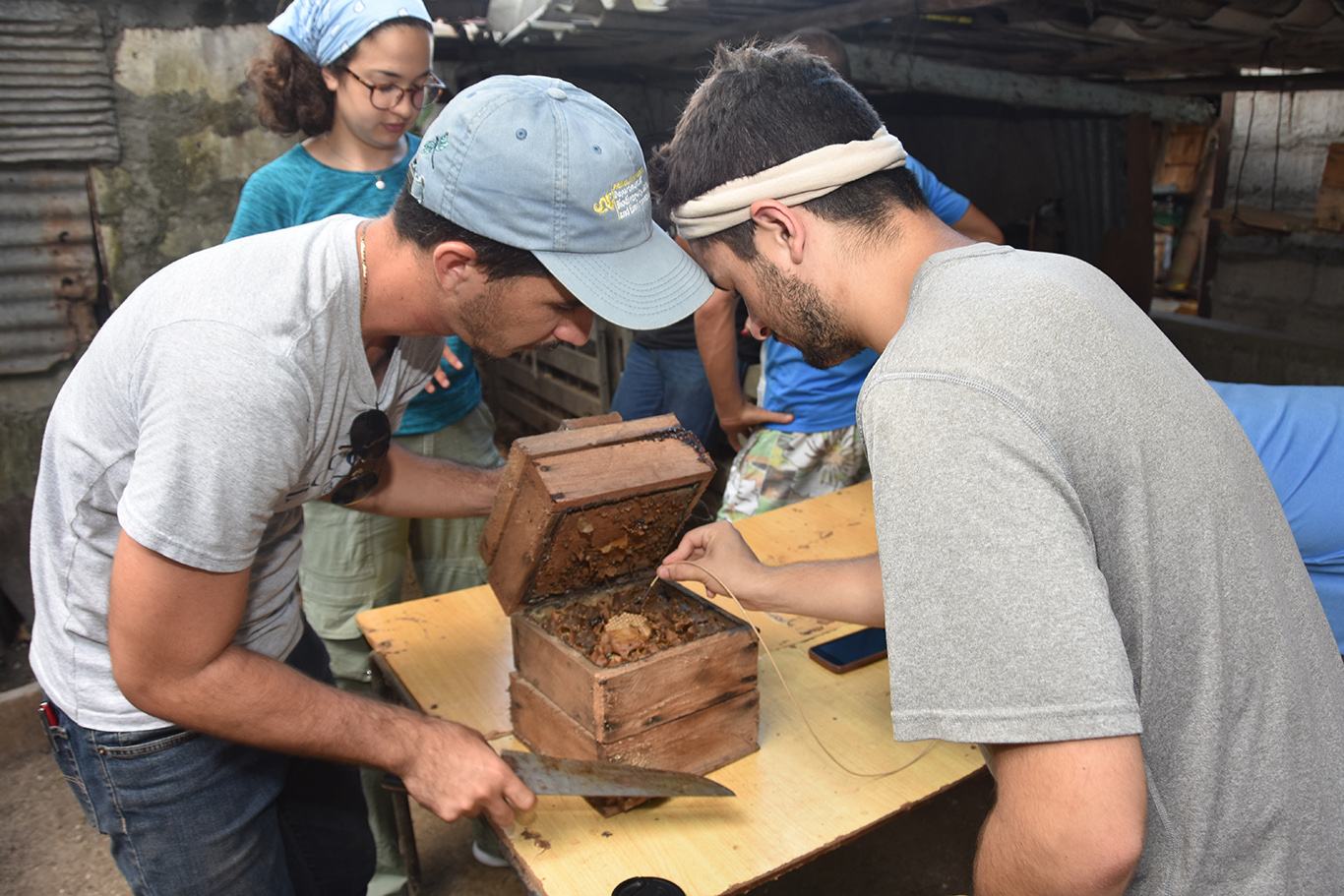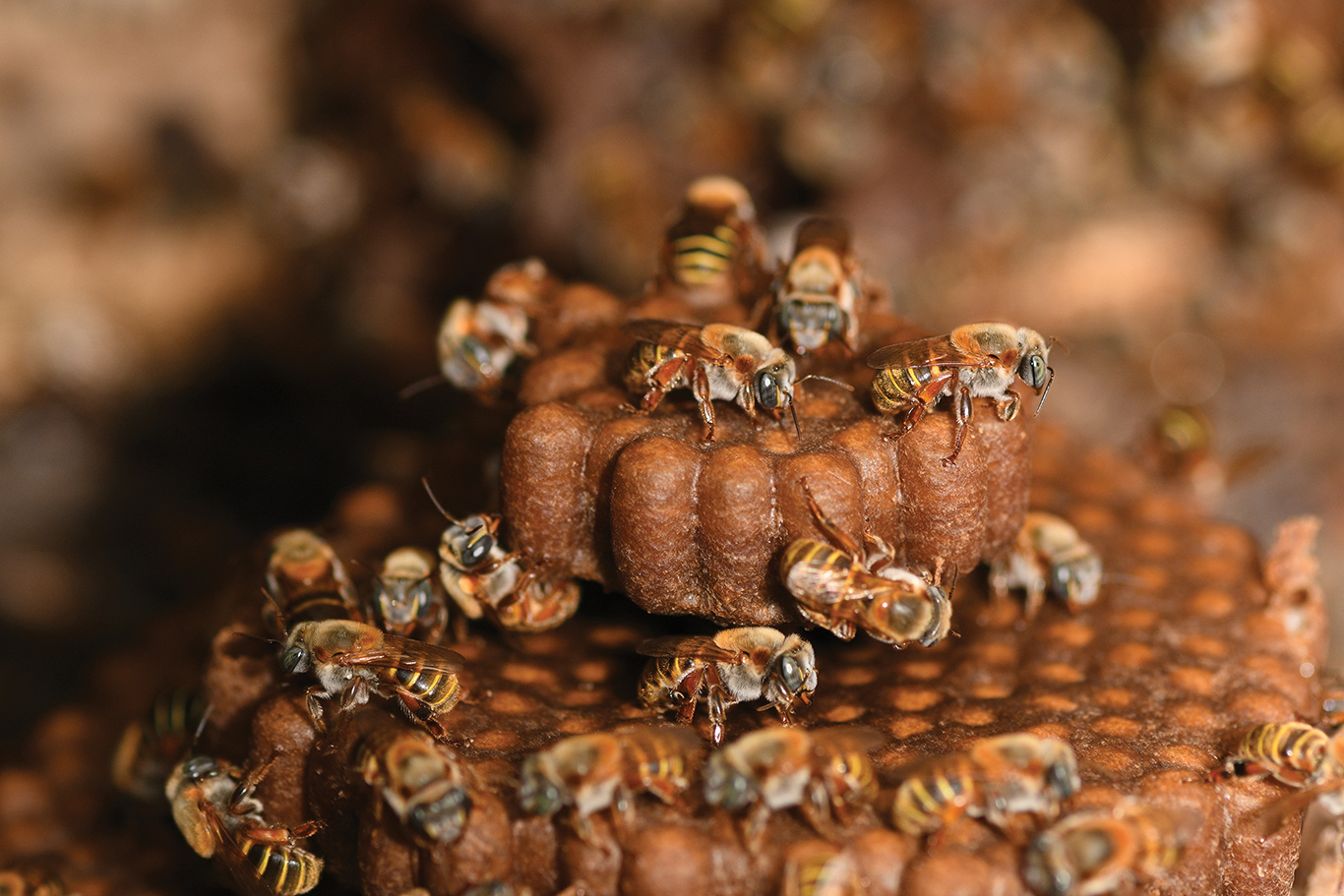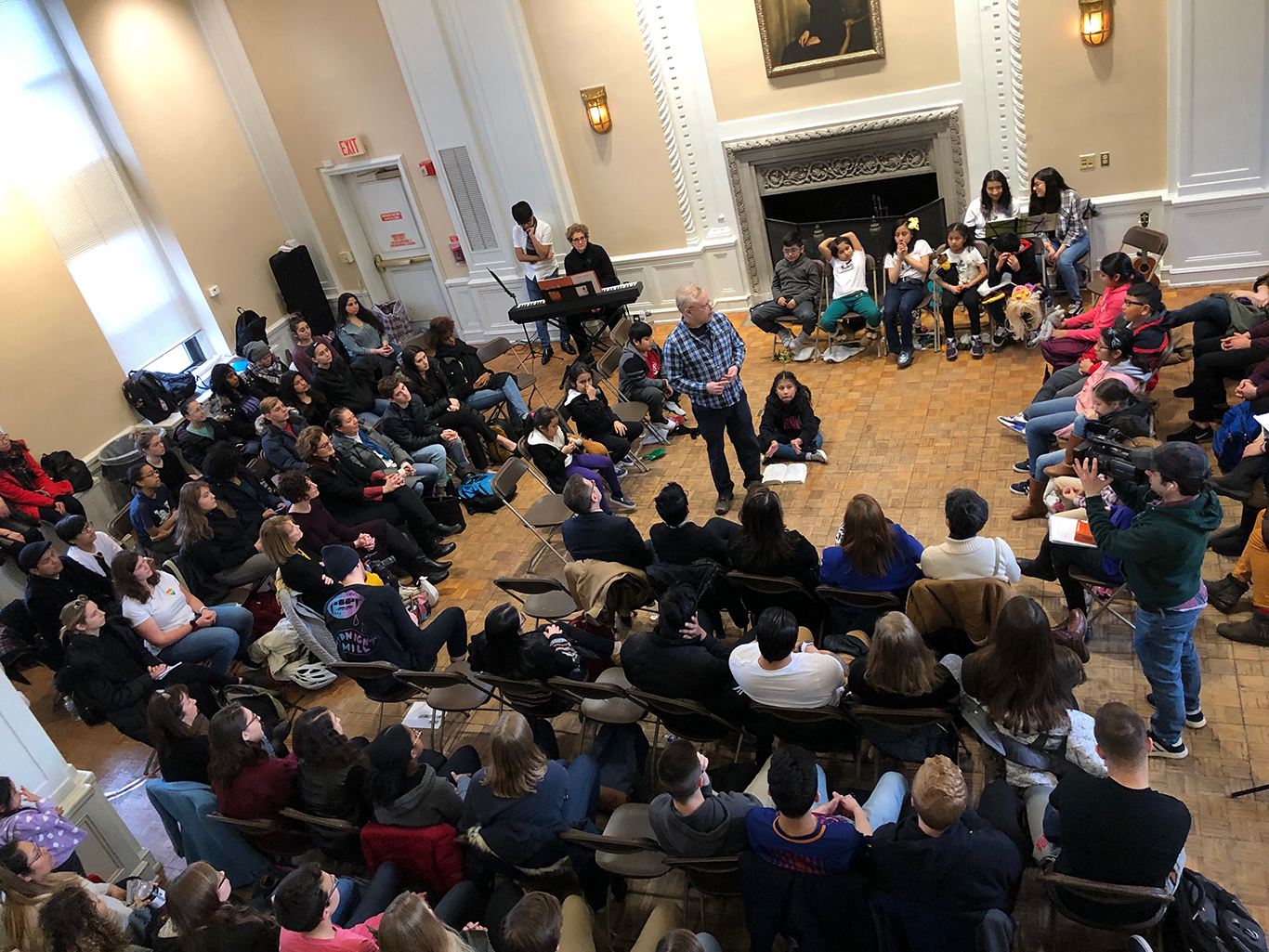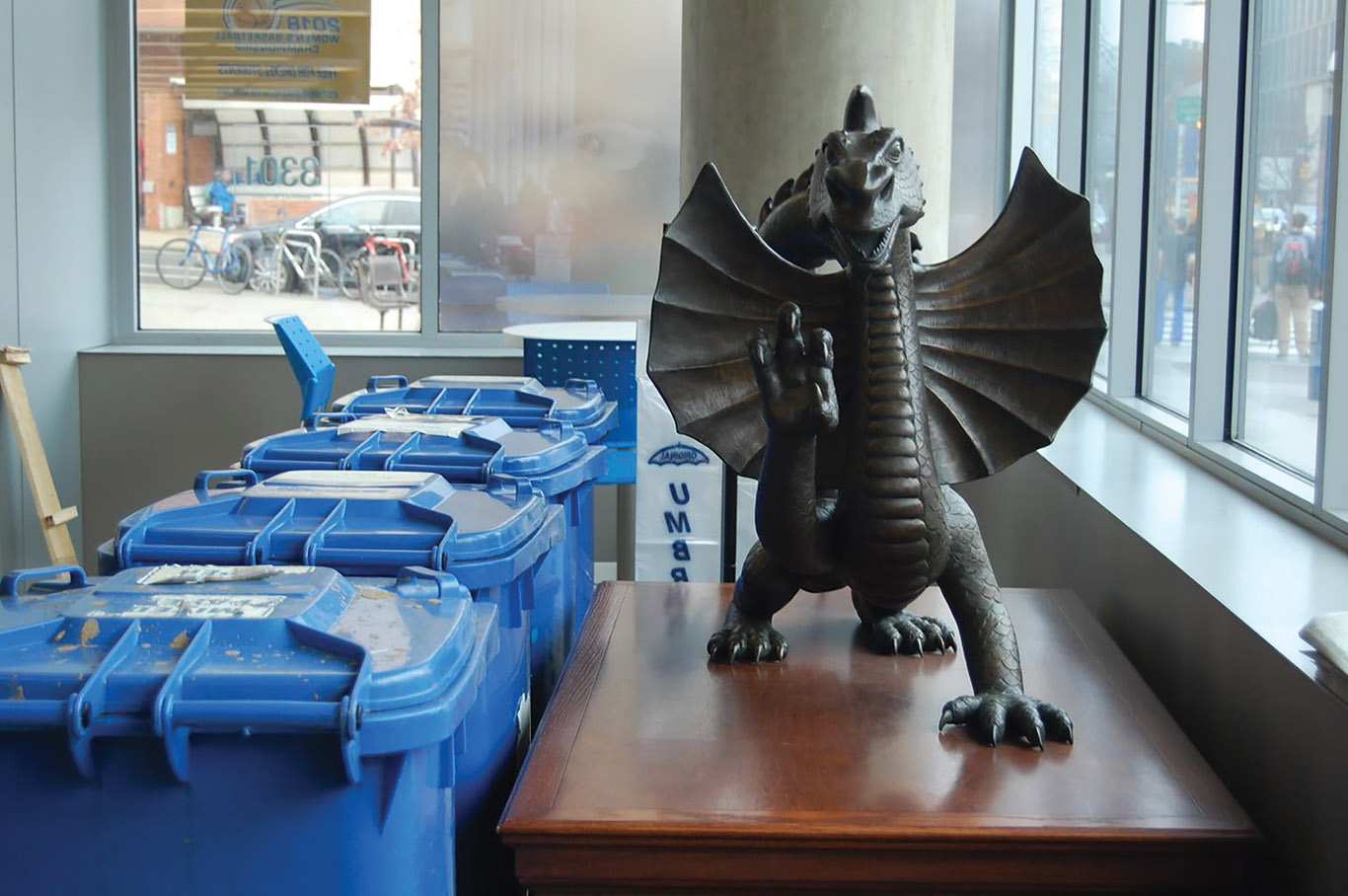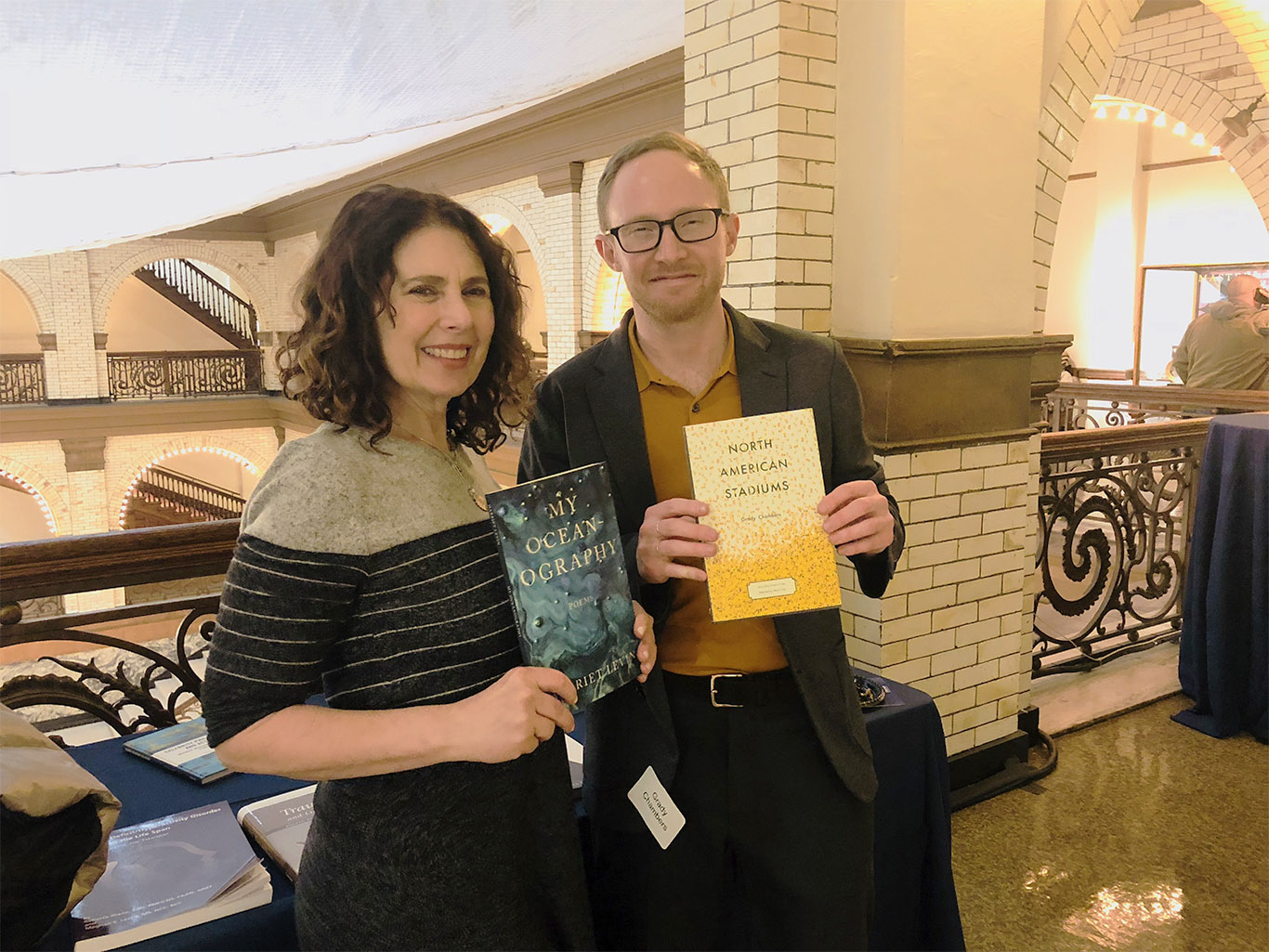President John A. Fry sent out a campus-wide email last Wednesday, with the headline reading “No Place for Intolerance at Drexel.”
What President Fry was referring to, unbeknownst to many before the email’s appearance, was an incident, “in which hateful language was placed on the door of an African-American student.” The student — who is a freshman at Drexel — posted a photo of the racial slur on her snapchat story, which garnered many reposts from her fellow students on social media, according to a video clip on the incident done by FOX 29 News Philadelphia.
On Friday, roughly 100 Drexel students gathered in the common space between the Main Building and Stratton Hall before going inside Main Building to stage a silent sit-in. The students sat in a circle in the main walkway of Main Building’s first floor, remaining silent for about 30 minutes.
The students who participated in the sit-in were united under the belief that Drexel — despite being noted for its high diversity ratings — is failing its black students, who make up only seven percent of Drexel’s student body.
Many of the students at the sit-in also felt that a single email addressing an incident that involves something as problematic as a racial slur doesn’t do the situation enough justice.
“We just wanted Drexel to keep up with the zero tolerance policy. Nothing in the email was expressed as to what was going to be done for the person or people who committed the hate crime, because it was a hate crime,” junior Kennedy Jackmon said in an interview with KYW News Radio.
In what was a big showing from black students and allies who belong to Drexel, students hoped that the sit-in brought attention to their plight.
“It symbolized solidarity between not only the black student community at Drexel, but also minority students as a whole … We used our bodies to show that our voices will not be ignored, and I hope to see Drexel hold those students accountable and be more receptive to the concerns of its students,” sophomore Jordan Ramdial said.
It’s hard to ignore a plea for accountability such as this, especially when the sit-in occurred mere feet from President Fry’s office. Drexel leaders were nearby during the sit-in but chose to spectate.
As the black community at Drexel looks for change, they turn their sights towards a potential discussion at an upcoming Town Hall. This could provide a platform for students of all backgrounds to bring up any potential issues of racism or intolerance of culture at Drexel.
The end goal for black students is to create a campus-wide culture that doesn’t have to worry about instances like this.
“Every minority that has ever felt like they don’t belong have been impacted by discrimination or hate — everybody. This is a community, overall,” DeShaye Carter, an organizer of the sit-in, said.
It is clear that while this racist incident primarily targeted the black student community here at Drexel, these students are making it clear that they want increased accountability for all minorities, for they know they aren’t alone.
These black students and allies don’t just want Drexel to point to diversity statistics on paper, but want to see change in the course of action with discrimination. More is expected to come at a future Drexel Town Hall.

